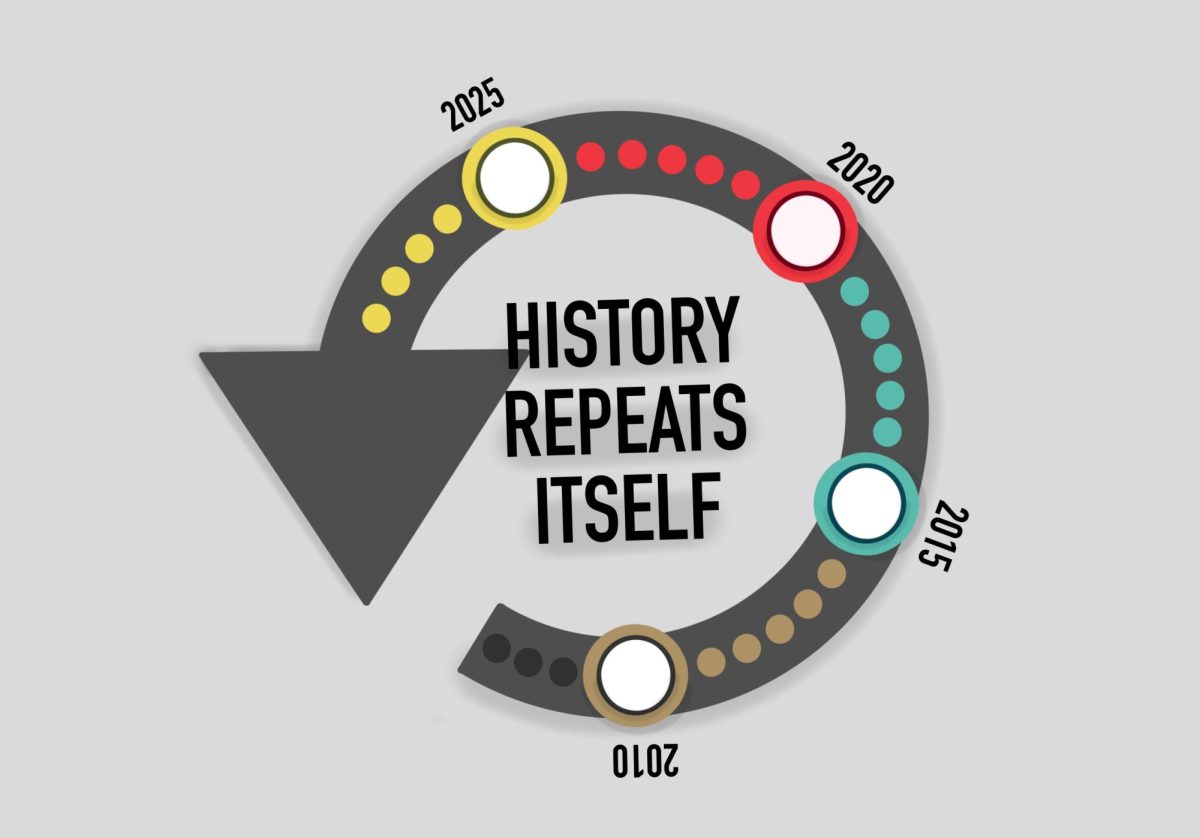Freezing temperatures in the South. Wildfires in the West. Increasingly severe hurricanes in the East. The climate crisis has shown its face across the United States, and it won’t be leaving anytime soon. In response, Rep. Alexandria Ocasio-Cortez, D-N.Y., and Sen. Edward Markey, D-Mass., introduced the Green New Deal, though many attribute it solely to A.O.C. It is a nonbinding resolution with the goal of achieving net-zero greenhouse gas emissions, establishing economic equality, investing in sustainable infrastructure and securing an accessible and sustainable future for all Americans. Though it was originally introduced in 2019, Democratic control of the legislature means that there is new momentum behind passing the bill.
Implementing the Green New Deal is critical for the future of America. Calling it the “Green New Deal” could be the reason it fails.
The name harkens back to the New Deal — an agenda of public works programs, financial restructuring and social support implemented by President Franklin Roosevelt from 1933 to 1939. It aimed to pull America from the depths of the Great Depression. It was largely successful, mobilizing a significant portion of the workforce and establishing social services that we still use today.
The New Deal was also incredibly controversial. Back in the ‘30s, Republicans and Democrats were divided down the aisle when it came to supporting these reforms. Conservatives argued that the New Deal curbed big business and exerted too much control over the financial industry. Liberals believed that it didn’t attack capitalist structures with enough force and left minorities behind.
Sound familiar?
If you sit down and read the Green New Deal’s contents, it’s actually pretty reasonable. It focuses on ensuring that all Americans have clean drinking water, homes to live in that aren’t at risk of rising sea levels or forest fires and jobs to support themselves. It just shifts the focus away from coal, logging and other historic (but dying) bastions of the American economy and onto renewable energy and sustainable industries. The Green New Deal is refreshingly moderate.
You would never know that by the socialist label that has been slapped onto it. Regardless of the legislation, people associate the New Deal with socialism. Naming vitally important environmental and economic reforms after the New Deal may seem like a way to pay homage to FDR’s work, but it leaves a bad taste in the mouths of many. In the U.S., socialism is a dirty word. It is not a word that inspires unity, conveys economic success or showcases increased rights and freedoms. An injustice has been done by framing this legislation through the lens of socialism.
The irony here is that my politics fall even farther left than those of A.O.C., and even I can see that the Green New Deal shouldn’t cater to controversy. We don’t have the time to argue semantics. At the end of the day, the Green New Deal is about a sustainable economy based on equitable jobs — something everyone should be able to agree on, something that should be held up without partisan squabbles.
Dear A.O.C.: You can rebrand it as “Our Old Name Was Kind of Socialist and America Still Loves McCarthyism Deal” for all I care. Just don’t give crucial legislation a name that immediately inspires disgust in half of America. I’m sure I can find a Carlson School of Management kid who would be more than happy to help you with your branding.















UMN0001
Mar 16, 2021 at 11:21 am
I’m just curious how you expect to construct reasonably priced homes as part of the “equality” piece of this new deal by reducing logging?
You clearly haven’t been to Home Depot (or similar). Sticks are over $8. In 2019 they were around $2.20-$2.40. How will you construct homes by reducing logging? Maybe concrete? (oh wait, concrete requires sand and aggregate mining and fly ash from coal plants to be reasonably priced) Maybe steel? (again, requires mining, processing, etc.). That’s fine if you want to end logging and mining up north. But your $15/hr. minimum wage increase won’t even get someone close to affording a home.